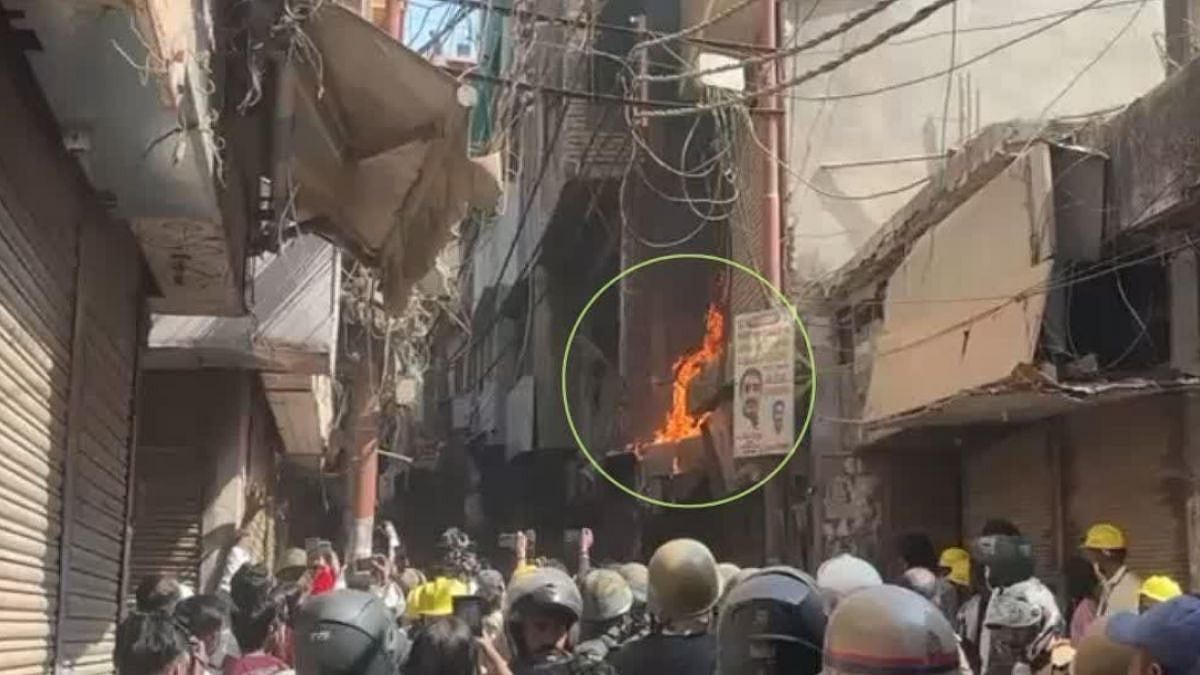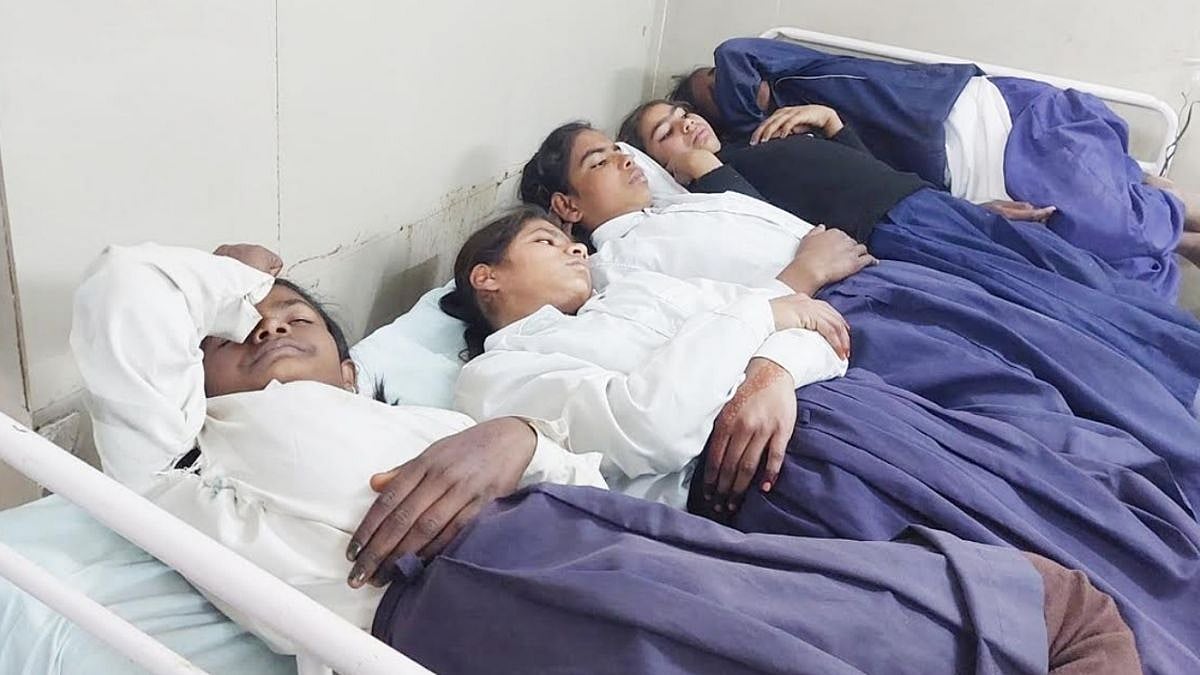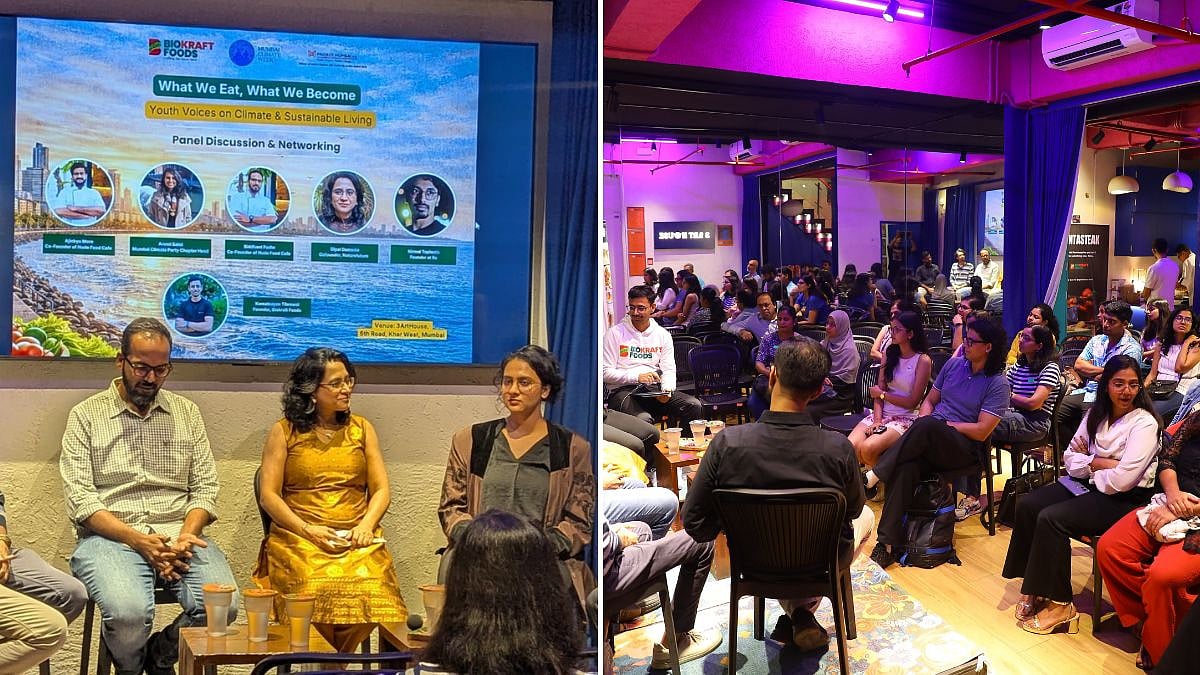Mumbai: The Maharashtra government will grant legal property rights to nearly five lakh Sindhi families who migrated from Pakistan during the Partition and settled in various parts of the state, Revenue Minister Chandrashekhar Bawankule said on Wednesday.
Under the "Special Amnesty Scheme 2025", property cards will be issued to these families residing in 30 settlements across the state, excluding Thane and Ulhasnagar. These properties, both residential and commercial, will be converted into freehold (Occupancy Class-I) status, regularizing long-standing violations of land-use conditions.
Revenue Minister Chandrashekhar Bawankule's Statement
"They have been demanding rightful ownership of their properties for decades. This fulfills the promise made by CM Fadnavis in the poll manifesto," said Bawankule. “This initiative will bring justice to the community and legally secure their properties,” said Bawankule.
A key feature of the scheme is that Sindhi families will be charged for ownership as per the ready reckoner rate applicable at the time of their migration, not at current market rates. Properties in possession until December 31, 2024, or listed with local bodies, will be eligible for ownership rights at concessional rates. The decision was approved under a Government Resolution dated July 28, 2025, and is expected to benefit residents in cities like Nagpur, Jalgaon, and Mumbai, among others.
Minister Bawankule also announced the observance of Revenue Week from August 1 to 7, 2025, during which multiple reforms and initiatives will be implemented: Students applying for government certificates will no longer be required to submit Rs 500 stamp papers. On August 2, the government will distribute land ownership documents (patta) to people who have been residing illegally on government land prior to December 31, 2011.

Under the Pradhan Mantri Awas Yojana, around 30 lakh people in Maharashtra will benefit from housing schemes. Beneficiaries will receive 500 Sq.ft. plots, and those constructing larger homes will have to pay for the excess land. Revenue Department has also begun a crackdown on public land misuse. On August 6, a state-wide survey will identify properties that were allotted for social purposes—like hospitals and schools—but are being used for commercial gains instead.
“Institutions that were granted land for public services but built commercial structures will face strict action," Bawankule warned. "Collectors have been instructed to submit such cases to the Revenue Department, which will decide whether to regularize or demolish these structures.”








